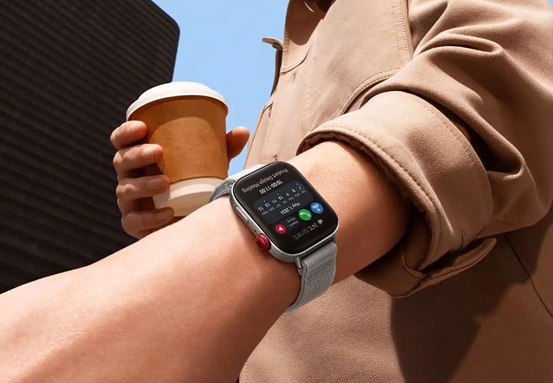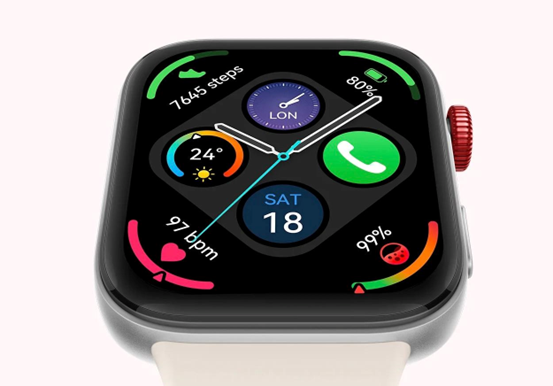
Wearables have become a vital tool for stress management, offering unique benefits that traditional methods can't provide. Stress, a prevalent issue in modern life, can harm both physical and mental health. Managing it effectively is crucial. Wearable technology provides real-time insights into bodily functions, allowing individuals to understand and address their stressors more efficiently.
Reasons for Choosing Wearables for Stress Management
The Role of Wearables in Stress Management
Stress has a profound impact on health, influencing everything from heart rate to mental clarity. Wearables and digital watches help by monitoring physiological indicators associated with stress, such as heart rate variability, sleep patterns, and even skin temperature. These devices provide users with valuable data, allowing them to identify patterns in their stress responses. This insight helps users make informed decisions about lifestyle changes or interventions that may alleviate stress. Many wearable devices are equipped with guided breathing exercises, mindfulness reminders, and alerts when stress levels rise, acting as a personal stress coach right on your wrist. One of the standout features of wearables is their ability to integrate seamlessly into daily activities. With functionalities like reminders to take breaks, hydrate, or practice breathing exercises, wearables help you maintain calm throughout the day. Moreover, they facilitate the establishment of healthy habits by tracking progress and providing encouragement in the form of notifications and achievements.

Key Features of Wearables in Stress Management
One of the most significant benefits of wearables is their ability to monitor stress through heart rate variability (HRV). By analyzing HRV, these devices can assess how the body responds to stressors. In addition to HRV, wearables can track sleep quality and duration, both crucial factors in stress management. With sleep data at hand, users can make adjustments to improve rest, facilitating better stress resilience. The HUAWEI WATCH FIT 3 offers stress monitoring as part of its comprehensive health suite. Its advanced TruSeen™ 5.5 system provides precise heart rate tracking, even during strenuous activities. Coupled with SpO₂ measurements, this allows users to maintain a detailed overview of their well-being, ensuring stress levels remain manageable. Additionally, wearables often include guided breathing exercises or meditation sessions. These activities promote relaxation and focus, providing immediate stress relief. For individuals with hectic lifestyles, having these tools accessible on a wristwatch is invaluable. With innovative features like the HUAWEI WATCH FIT 3's Smart Suggestions, users receive personalized recommendations based on their workout habits and stress indicators. This customization ensures that every user receives guidance tailored to their needs, helping them discover new ways to manage stress effectively.
Applications of Wearable Stress Management
Wearables offer practical solutions for stress relief in various settings, making them an adaptable tool for different lifestyles. In work environments, they serve as reminders to take necessary breaks, reducing burnout risk. At home, they assist in creating a calming atmosphere by encouraging practices such as yoga or meditation. Fitness enthusiasts benefit significantly from wearables, which provide feedback on workouts and suggest suitable activities to match stress levels. The HUAWEI WATCH FIT 3 excels in this domain with its 100 workout modes, ensuring there's something for everyone, regardless of fitness level or interest. Even in social settings, wearables can subtly alert users to rising stress levels, prompting timely intervention before situations escalate. This proactive approach empowers individuals to maintain composure and interact more positively with those around them. By leveraging the capabilities of wearables, users gain a deeper understanding of their stress triggers and develop personalized strategies to manage them. This knowledge fosters improved mental well-being and enhances overall quality of life.

Conclusion
Wearable technology plays a transformative role in stress management by offering accessible, personalized solutions that cater to individual needs. Devices such as the HUAWEI WATCH FIT 3 highlight the versatility and benefits of wearables in this domain. With features designed to monitor stress indicators, encourage physical activity, and provide real-time feedback, these devices are indispensable allies in maintaining mental wellness.
